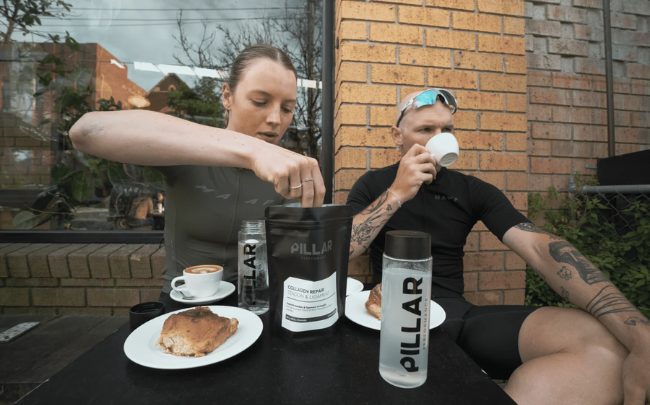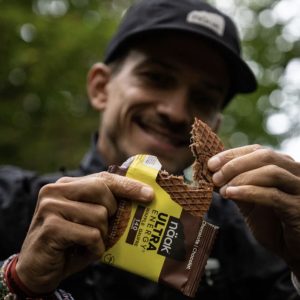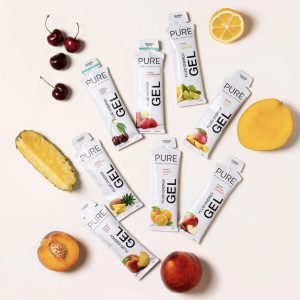
21 Feb 5 Fueling Mistakes to Avoid
Fuelling multi-sport races can be tricky. There are so many options and so many variables! Nutrition Partner for the Metasprint Series, Simply Active, is Singapore’s premier destination for Sports nutrition and their team has advice on how to avoid some common fueling mistakes made by both experienced and fresh endurance athletes.
1. Not conditioning yourself for breakfast
Multi-sport events typically have early morning starts. Pre-race anxiety & nerves and the thought of unplanned potty breaks can convince athletes to skip breakfast.

Starting your race off an empty stomach is not ideal, since your body uses its energy reserves or Glycogen which is stored in the liver to provide fuel to the muscles.
When you wake up after many hours of sleep, your stored energy reserves are low. If you don’t have a meal before exercise your body will be forced to draw glycogen from the blood which would cause problems for the rest of your body, compromising your ability to perform.
Practice having a light meal 90-60 mins before training sessions so that you are conditioned to starting races with food in your stomach. Avoid foods high in fat or protein which digests slower in comparison to carbohydrates. Naak energy waffles and Secret training flapjacks are great light snack options to have before training if you are short of time or still prefer avoiding a meal.
2. Not paying attention to electrolytes & hydration
There are many factors including age, gender and fitness that affect how much fluids we lose in hot and humid conditions. Dehydration should be avoided at all costs as it has a direct impact on performance and it’s next to impossible to recover from it within the duration of a race.
Typically we recommend athletes aim to take in at least 250-500ml of fluids per hour coupled with electrolytes containing 500-750mg of sodium. Hitting these numbers may reduce the chances of you experiencing heat related issues.
It is important to note that sodium on its own does not prevent cramps, it does support the body’s ability to balance fluid retention during strenuous activity and reduce the likelihood of dehydration.
Electrolyte drinks from PURE and Precision Fuel typically contain 300-500mg of sodium per serving, while Saltify makes a specialised electrolyte drink containing 1000mg of sodium. You can also consider electrolyte capsules for additional sodium when it’s not practical to get your entire sodium needs from fluids.

3. Ignoring Micro Nutrients
When you are training hard for many hours a week, your nutritional needs are higher and you may need more micronutrients and vitamins than what you can get from eating food alone. The correct combinations of micronutrients can help offset declines in energy production & reduce the chances of burnout and speed up recovery so that you can function at your optimum.
Our picks include PILLAR Triple magnesium which supports muscular health, reduces cramps & promotes better sleep resulting in better recovery. PILLAR Ultra-Omega relieves mild joint inflammation and reduces mild joint aches & pains, while PILLAR Ultra B is a Vitamin B formulation that helps protect healthy energy levels.

4. Not consuming sufficient carbohydrates
Top level Pro triathletes & cyclists have conditioned themselves to take in upwards of 100g of carbs per hour. Most age groupers will struggle to hit such high numbers, however they are also likely to be unfuelling and not getting adequate amounts of carbs to sustain race efforts. A good starting point is to aim for 1g of carbs per 1kg of body weight per hour of exercise. That would equate to a 60kg athlete aiming for 60g of carbs or 1-2 energy gels per hour coupled with an energy-electrolyte drink.
5. No post workout routine
You have 30-60 mins post workout to consume carbs & protein to optimise your recovery and rebuild for tomorrow’s training. It’s not easy to eat immediately after workouts, as your body prioritises blood flow to the muscles with less resources available to the digestive system which stresses out the stomach. PURE Recovery shake is an excellent option since it is designed to be easy to digest while providing protein, electrolytes and carbs to replenish glycogen stores and easily mixes with water to optimise your recovery window.

